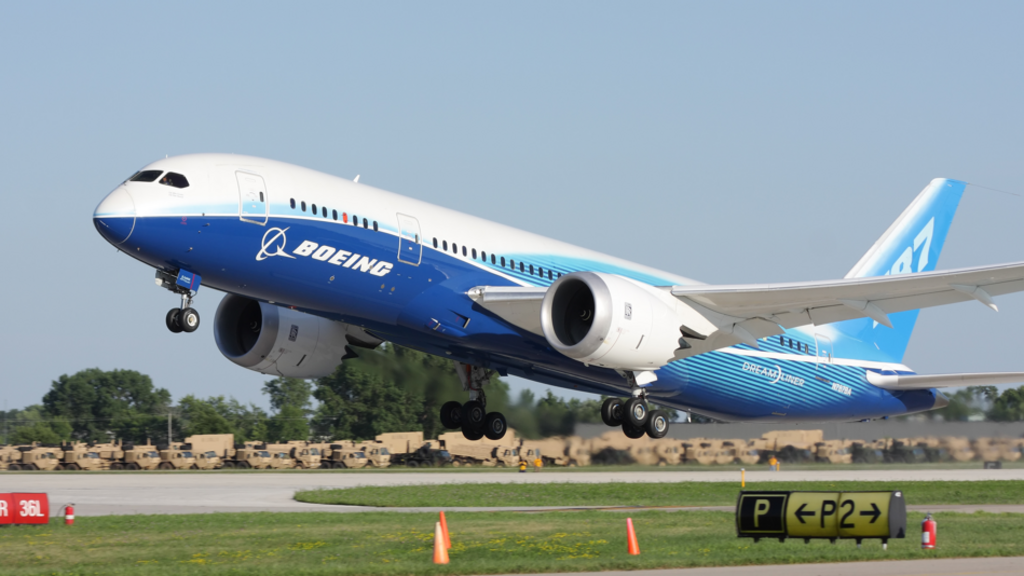Boeing recently celebrated its 787 Dreamliner carrying its billionth passenger, a significant milestone considering its relatively recent launch. However, this achievement is overshadowed by a tragic Air India crash in Ahmedabad, marking a setback for a model previously lauded for its safety record.
This incident is distinct from the well-publicized Boeing 737 Max crashes in Indonesia and Ethiopia, which resulted in hundreds of fatalities and led to a worldwide grounding due to a discovered software flaw.
Currently, no evidence suggests a manufacturer defect in the Air India crash. A thorough investigation, pending recovery and analysis of the flight data recorders (black boxes), is crucial to determine the cause.
While various theories are circulating, a pilot consulted suggests that manufacturer defects rarely cause fatal incidents in modern aviation, with human error being a more prevalent factor—excluding the notable exception of the 737 Max.
It’s important to note the duopolistic nature of the commercial airliner market, with Boeing and Airbus dominating. This latest incident, however, adds to Boeing’s recent challenges.
Boeing expressed condolences to those affected and stated its cooperation with Air India in the investigation. The company’s stock price experienced a 5% drop following the news.
This tragedy further complicates the situation for Boeing, a company that reported substantial financial losses last year, grappling with safety concerns, quality control issues, and a damaging workers’ strike.
Recent events, including an in-flight door detachment incident requiring a $160 million settlement and a $428 million settlement with Southwest Airlines due to the 737 Max grounding, highlight the company’s ongoing struggles.
Beyond the financial setbacks, Boeing faces serious scrutiny regarding its safety practices. Despite claims of improved operational performance and a focus on safety and quality, past allegations of substandard parts installation and whistleblower accounts of harassment and threats remain concerning.
The company has also been embroiled in legal battles stemming from the 737 Max crashes, recently reaching a settlement with the US Department of Justice to avoid criminal prosecution, paying over $1.1 billion in fines, a decision met with criticism from victims’ families.
Significant leadership changes have occurred at Boeing in recent years. Kelly Ortberg, the new CEO, has pledged to improve safety culture and restore profitability, but today faces yet another major setback.
Boeing’s $1.1 billion settlement to avoid prosecution for the 737 Max crashes, a decision criticized by victims’ families, underscores the company’s ongoing challenges.
Amidst efforts to rebuild its business, Boeing faces further pressure.
The company’s pursuit of alternative sales channels for planes originally destined for China reflects its current market position.
A recent F-47 fighter jet contract provides some positive news for Boeing, though it still faces broader challenges in both military and civilian markets.

